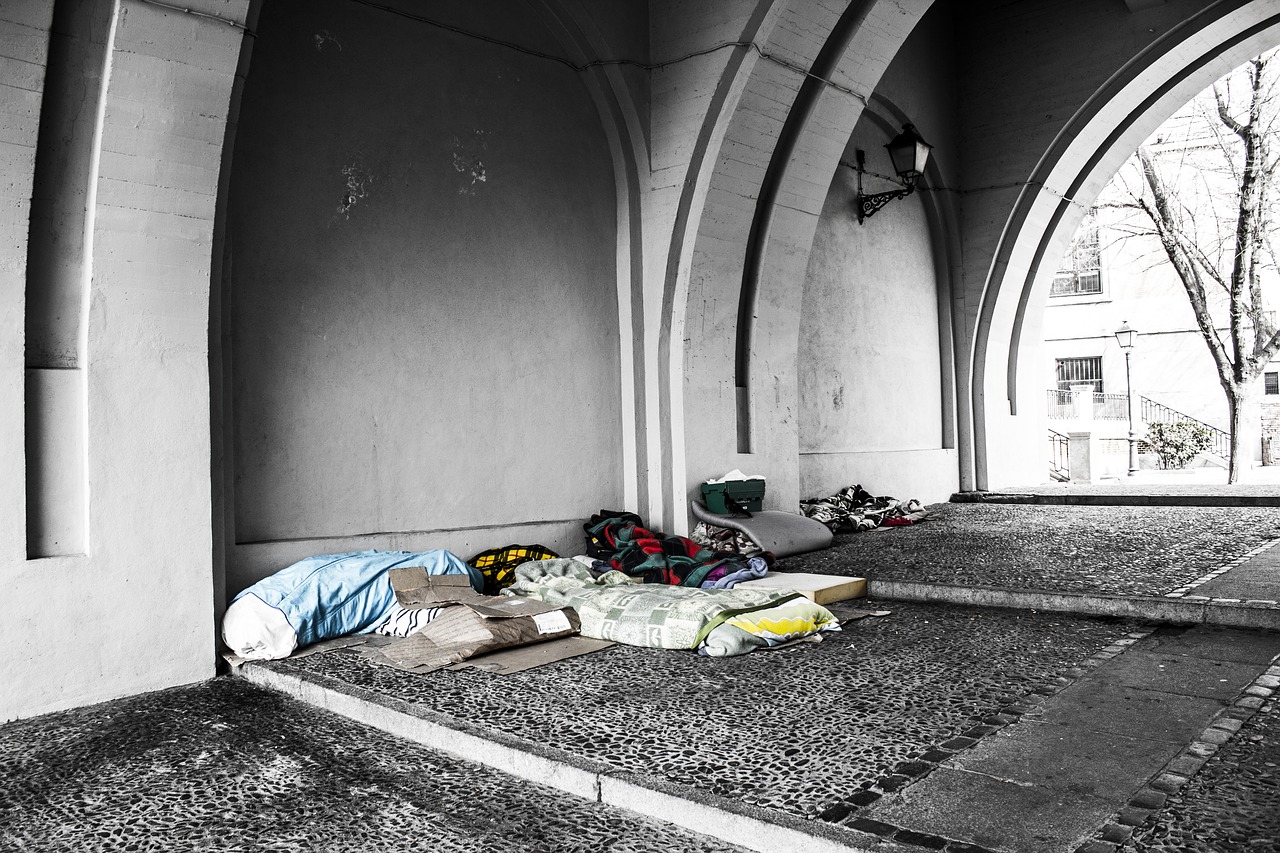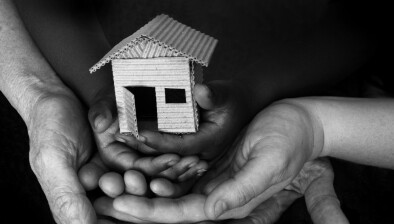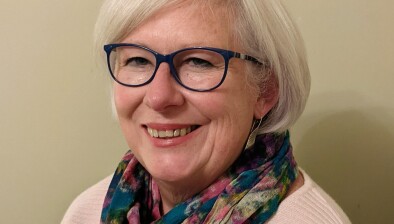Charity calls for homeless people to be given vaccine priority amid health crisis concerns
A homelessness charity has called on the UK Government to give rough sleepers priority access to Covid-19 vaccines amid new research examining health and homelessness during the pandemic.

The report from St Mungo’s has found that homelessness and health are inextricably linked and must be addressed together – starting with prioritising access to the coronavirus vaccine.
Focusing on the health of people experiencing homelessness during the pandemic, Housing and health: working together to respond to rough sleeping during Covid-19 reveals almost one in four (24%) of the charity’s clients had a health condition which put them at serious risk from the virus, with illnesses such as diabetes, heart disease and severe respiratory conditions being common.
It also found:
- 28% of St Mungo’s clients in emergency hotels were classed as vulnerable or extremely vulnerable to Covid-19; this rose to 54% of clients in Housing First and supported housing services
- 18% of clients in emergency Covid-19 hotels were not registered with a GP when they moved in, despite there being no requirement to have a fixed address in order to register at a GP surgery, and
- People accommodated in emergency hotels in London were twice as likely as the general population to be classed as ‘extremely clinically vulnerable’ (6% compared to 3% in assessments carried by the University College London Hospital Find & Treat team).
The report concludes there were two overarching factors which led to better health and housing for people helped by the approach to the first wave. Firstly, the provision of safe, clean, en-suite accommodation alongside the support that is needed and secondly, joined-up working between health and homelessness teams.
A total of 15 recommendations include the expansion of the Rough Sleeping Accommodation Programme; the restoration of the £1bn lost to local authorities for funding homelessness and housing-related support services since 2008/9; and the importance of local authorities incorporating health needs into their homelessness and rough sleeping strategies, as good practice.
The report also calls for the following recommendations to be actioned immediately:
- Ensure people who are homeless are included in the priority group for the Covid-19 vaccine
- Stronger partnership working between housing and health services, with continued collaboration between the relevant government departments along with Public Health England and the NHS
- Build on the success of ‘Everyone In’ and ensure the principle that there is sufficient, safe accommodation for everyone who needs it supported by the necessary government funding
- Ensure continued access to emergency accommodation, immigration advice and employment support to people who are sleeping rough and have no recourse to public funds.
Steve Douglas CBE, St Mungo’s chief executive, said: “Firstly we must thank all of our clients and all those who took part in this vitally important piece of research.
“We know from their stories told in this report, and from our experience as front-line practitioners, that health and homelessness are inextricably linked. ‘Everyone In’ was so effective because that is what happened.
“We worked together with health and local authority housing colleagues to identify the services and medical support that our clients needed. It was so much more than just providing a safe place to stay.
“Doctors and nurses were in the hotels, medication prescribed was delivered on site. We made it easier to get the help so many clients desperately needed, and the results are undeniable. People’s health improved – some for the first time in years. It undoubtedly saved lives.
“Now we need to make that ‘emergency’ response and the ‘Everyone In’ principles of joint working become the norm. It is not difficult to do, but will need a different approach – starting by including those who are experiencing homelessness being included in the priority group for accessing Coronavirus vaccines.
“We urge all MPs, and everyone working across government, to read this report and to take the learning from it. This is a once in a generation chance to make the changes needed to achieve our shared goal of ending rough sleeping. It must not be wasted.”
Baroness Louise Casey, who led the government’s initial response to homelessness during the pandemic, supports the report’s findings saying: “It has taken the coronavirus crisis for people to see rough sleeping for the public health emergency it is.
“The government has an option here to build on the successes of ‘Everyone In’. And it is clear that the dual issues of health and homelessness have to be addressed together, and must be actioned as a matter of urgency.”









